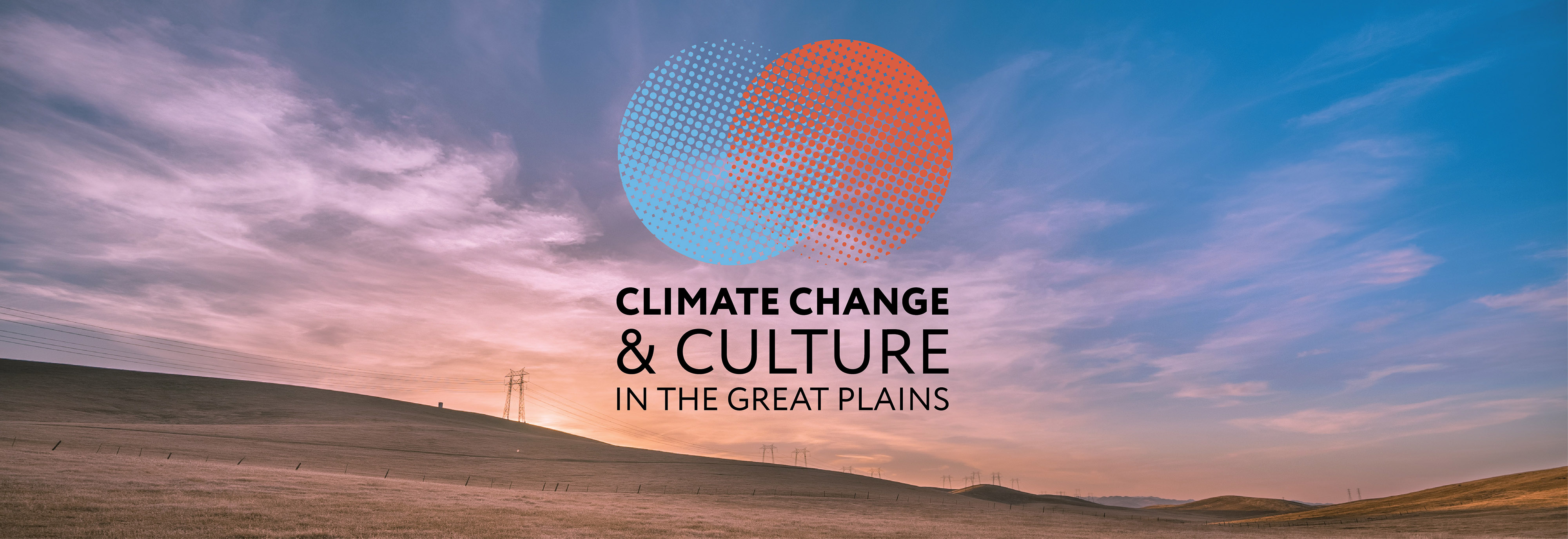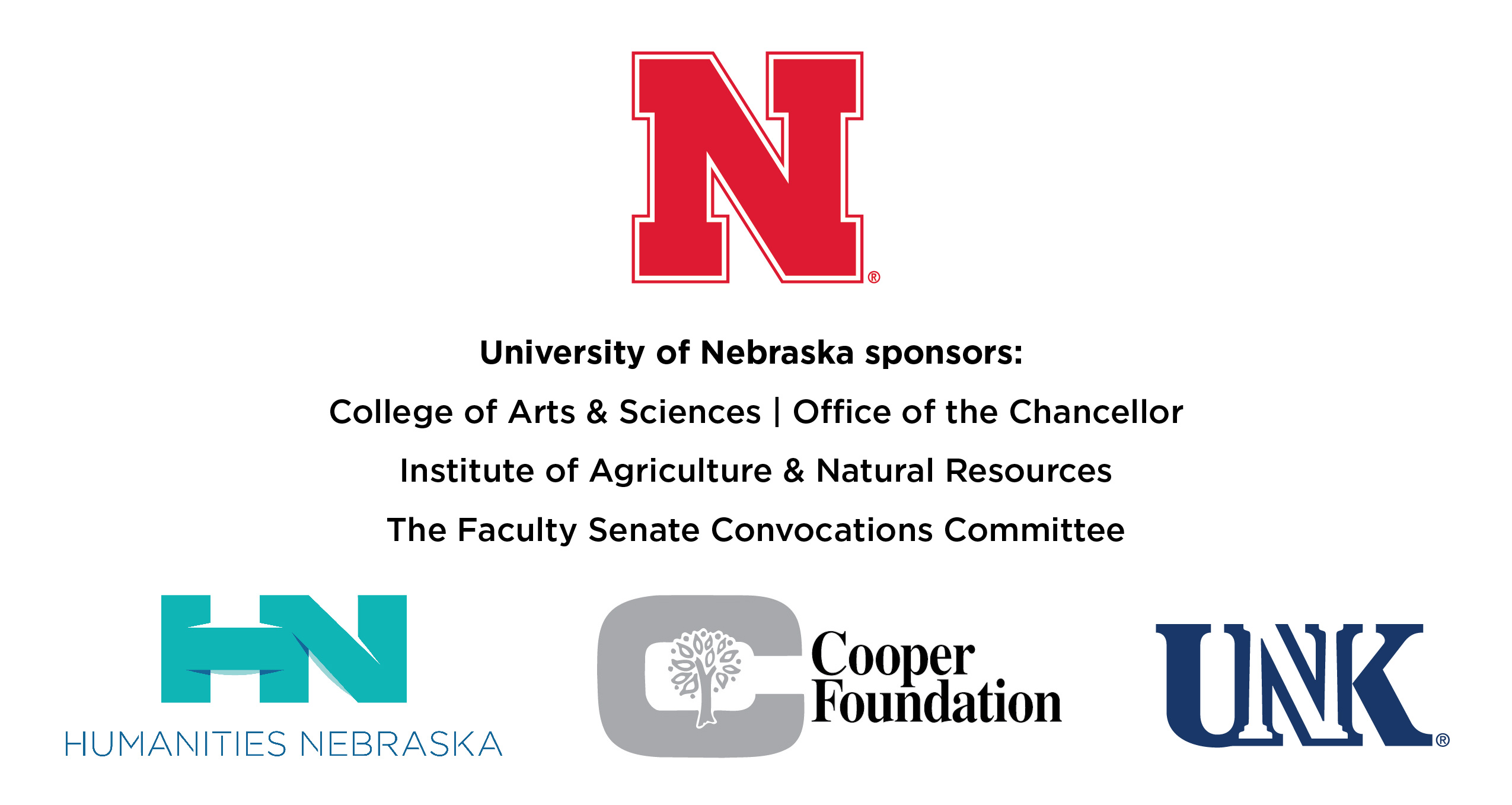
LINKS
SEE THE PROGRAM FOR OUR 1990 CONFERENCE (PDF)
DONATE TO THE CENTER
DOWNLOAD 2021 PDF PROGRAM

Earn a digital badge for attending the conference from Badgr. For the first time ever, the Center is offering digital badges for attendees that can be added to resumes, social media, and personal websites.

Conference schedule
April 1
6:15-6:30 p.m.: Welcome and introductions
6:30-7:15 p.m.: Keynote Speaker Andrew Hoffman, University of Michigan
7:15-7:45 p.m.: Q&A with Hoffman
Title: How Culture Shapes the Climate Change Debate
Though the scientific community largely agrees that climate change is underway, debates about this issue remain fiercely polarized. These conversations have become a rhetorical contest, one where opposing sides try to achieve victory through playing on fear, distrust, and intolerance. At its heart, this split no longer concerns carbon dioxide, greenhouse gases, or climate modeling; rather, it is the product of contrasting, deeply entrenched worldviews. This presentation will examine what causes people to reject or accept the scientific consensus on climate change by synthesizing evidence from sociology, psychology, and political science. And, it will make the case for a more scientifically literate public, a more socially engaged scientific community, and a more thoughtful mode of public discourse.
Download presentation slides (pdf)
VIDEO: Watch the April 1 keynote
VIDEO: Watch the April 1 Q&A session
April 2
PLENARY
8:45 a.m.: Welcome and introduction
9-9:40 a.m.: Ursula Kreitmair, UNL Political Science
9:40-10 a.m.: Q&A with Peter Longo
Title: How to Design Climate Policy in a Polarized World
Culture is a main determinant of how we think and feel about climate change. As such, culture must be considered when designing mitigation and adaptation strategies to meet the rapid emission reductions necessary to avert the most damaging of climate impacts. Cultural cleavages, both domestic and international, threaten to mire us in political conflict when we need to be working collectively to address this major challenge. This talk uses culture as context to identify limits of current climate policy initiatives and to sketch out viable policy options that may be more palatable to individuals on different sides of the climate divide.
Download presentation slides (pdf)
VIDEO: Watch Ursula Kreitmair's talk
VIDEO: Watch Ursula Kreitmair's Q&A session
PLENARY
10-10:45 a.m.: Jes Thompson, Northern Michigan University
10:45-11 a.m.: Q&A
Title: Let's Change the Conversation about Climate Change
The impacts of a rapidly changing climate are everywhere, yet we haven’t figured out how to talk about climate change with our friends and neighbors. Since the 1980s public conversations about climate change have been dominated by the language of science and politics. Our own fears of scientific inaccuracy and uncertainty – or political disagreement – have censored us from talking about how to live on a changing planet. This talk presents a new frame for conversations about climate change and the places that matter. We can change the conversation about climate change by connecting the issues to the places we love, while talking with the people we love.
Download presentation slides (pdf)
VIDEO: Watch Jes Thompson's talk
VIDEO: Watch Jes Thompson's Q&A session
CONCURRENT 1
Session A
11:30 a.m.-12:15 p.m.: Jesse Bell, University of Nebraska Medical Center
12:15-12:30 p.m.: Q&A with Liliana Bronner, UNMC
Title: Health and Climate Change
Bell's research explores the relationships of extreme weather, climate variability, and climate change on natural and human processes. The climate that we experience controls much of the world around us. When our climate abruptly changes or gradually shifts, there can be related consequences to both our communities and our health. The goal of Bell's work is to understand these linkages between climate and health, so that we can help prepare our populations for climate- and weather-related disasters. To determine these relationships, Bell uses a variety of climate and environmental data sources to explore associations with human health outcomes.
VIDEO: Watch Jesse Bell's talk and Q&A
Session B
Alternate Zoom Room
11:30 a.m.-12:30 p.m.: Panel: Bridging Science and the Humanities
Graduates of the Center's Great Plains Graduate Fellows Program will speak about how big picture thinking about climate change should include cross-disciplinary teamwork. Panelists include Aubrey Streit Krug (The Land Institute), Caleb Roberts (Assistant Unit Leader at the Arkansas Cooperative Fish & Wildlife Research Unit), Dan Uden (UNL School of Natural Resources). Moderated by Tom Lynch, UNL
PLENARY
12:45-1:30 p.m.: Daniel Wildcat, Haskell Indian Nations University
1:30-1:45 p.m.: Q&A
Title: The Climate Change We Need: The Case for a Cultural Climate Change
Worldviews are largely tacit and assumptive in character. Seldom stated explicitly or critically examined, the modern worldview of progress and technological accomplishment is a fundamental part of what needs to change today. Unless we foster a non-anthropocentric worldview, it will be difficult to successfully address the physical climate change problems humankind has produced. Making that shift might be easier than we think. This presentation suggests that many Indigenous worldviews offer examples of the kind of cultural climate change we need to successfully address the deadly and destructive physical climate change humankind now faces.
VIDEO: Watch Daniel Wildcat's talk
VIDEO: Watch Daniel Wildcat's Q&A session
CONCURRENT 2
Session A
2-3 p.m.: Experts panel
What is it like working on climate change with such an intense culture clash surrounding the topic? Hear from experts in their field about what lessons they've learned and how it affects their work going forward. With Martha Shulski (UNL, Nebraska State Climatologist), Crystal Powers (Nebraska Water Center), Tonya Haigh (National Drought Mitigation Center), and Mace Hack (The Nature Conservancy). Moderated by Tom Lynch, UNL.
Session B
2-3 p.m.: Student Journalism Climate Project
Climate change is both a humanity-scale issue and, when it impacts you, a deeply personal story. Hear from a team of University of Nebraska-Lincoln student journalists and their mentors who spent a year diving into what climate change looks like on the ground for the Climate Change Nebraska depth reporting project. Moderated by Joe Starita, UNL College of Journalism and Mass Communication with Jennifer Sheppard, UNL CoJMC.
CONCURRENT 3
Session A
3:15-4:15 p.m.: Panel: The 1990 Conference
Thirty-one years ago, in 1990, the Center hosted a conference called “Climate Change on the Great Plains,” which was described as “Looking Back from the Twenty-First Century at Impacts of Climate Change on the Great Plains.” We return to that topic three decades later with a panel of scholars who formed the backbone of that conference. What have they seen change in 31 years? With Ken Dewey (1990 conference co-chair, UNL), Peter Longo (Political Science, UNK), Fran Kaye (English, UNL), Clint Rowe (Earth & Atmos, UNL) and moderated by David Vail (History, UNK).
Session B
3:15-4:15 p.m.: Climate Change Lightning Round for Students
Undergraduate and graduate students from many disciplines showcase what climate change in the Great Plains means to them in quick, back-to-back presentations. Presenters: Bailey McNichol, biology (UNL); Margaret Nongo-Okojokwu, journalism (UNL); Mar Lee, English and global studies (UNL); Matthew Thompson, environmental engineering (UNL); Kathleen Dillon, English (UNL), Cameron Steele, English (UNL), Kimberly Steward, Natural Resources (UNL).
VIDEO: Watch the lightning round
4:15-5 p.m.: Closing comments and discussion rooms
Supported by
The Center for Great Plains Studies, the Cooper Foundation, the University of Nebraska at Kearney, Humanities Nebraska, and these University of Nebraska-Lincoln entities: College of Arts & Sciences, Office of the Chancellor, Institute of Agriculture and Natural Resources, and the Faculty Senate Convocations Committee.
